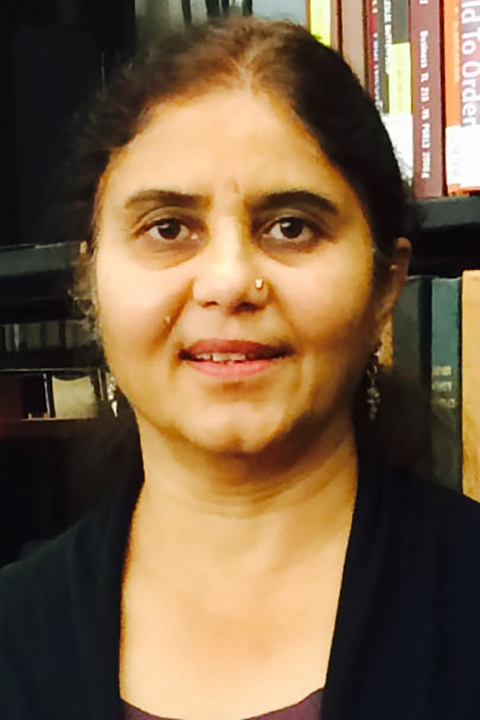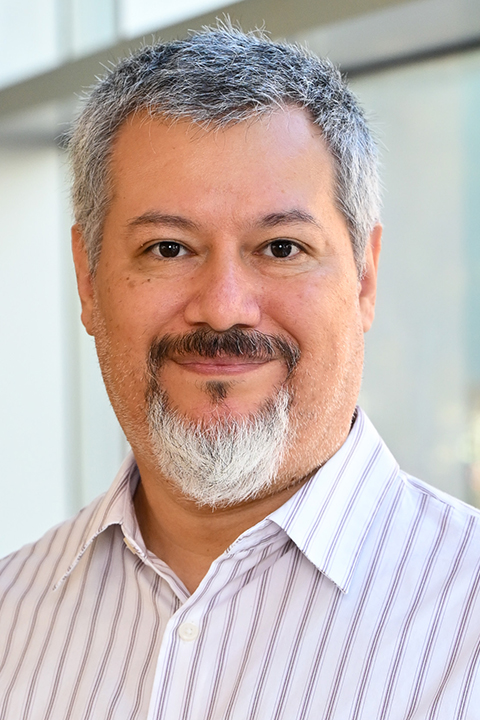Sociology
This document outlines the Libraries’ general policy on collections for the Department of Sociology, but it is not intended to be a rigid set of rules; collection suggestions from students and faculty are welcome.
Columbia was the first university in the United States to have a professor of sociology in 1894, making Columbia a pillar in the history of sociology at large. The department prides itself on strong interdisciplinary work with Barnard College, Teachers College, the School of International and Public Affairs, the Graduate Schools of Business, Journalism, and Social Work.
The collection actively supports the scholarly pursuits of sociology, including the history of sociology. Selection for course reserves is up to individual faculty members. The Librarian will do whatever is possible to secure specific materials absent from the collection.
Areas of established specialization are: economic sociology; gender and sexuality; globalization; health & population; historical sociology; inequality; political sociology; race, ethnicity, and migration; science, knowledge, and technology; social network analysis; and urban sociology.
a. Undergraduate
Columbia offers an undergraduate degree in sociology as well as a concentration in sociology. The library also supports undergraduate students from Barnard in their research. There is one joint program offered for students studying sociology, a special concentration in business management offered by Columbia Business School that is available for Columbia College or General Studies students.
b. Graduate
A one-year Master’s of Arts degree in sociology and a PhD program is offered.
c. Institutes, Interdisciplinary Programs, Etc.
There are many avenues of research being conducted by professors and students of sociology at Columbia University. The following organizations represent the intellectual endeavors of our sociology department: Center of Oral History Research, Center for the Study of Ethnicity and Race, Center for Urban Research & Policy, Center on Organizational Innovation, Columbia Global Migration Network, Columbia Population Research Center, Columbia University World Leaders Forum, Institute for Research in African American Studies, Institute for Research on Women, Women’s, Gender, & Sexuality Studies Council, Institute for Social and Economic Research and Policy, Interdisciplinary Center for Innovative Theory and Empirics, The Committee on Global Thought, and Understanding Autism Project.
d. Course Reserves
Selection for course reserves is up to individual faculty members. The Librarian will do whatever is possible to secure specific materials absent from the collection.
a. Print
Print materials collected extensively include monographs, periodicals (including annuals), scholarly series, and reference tools. Print materials are increasingly held in the Libraries’ off-site storage facility (ReCAP), with the exception of volumes with frequent usage housed in Lehman Social Sciences Library.
b. Digital Collections
Columbia University Libraries offers a robust variety of electronic resources. The sociology collection strives to offer the full array of available databases relevant to the field.
E-books are collected extensively. These may be purchased outright or may be part of subscription services as appropriate, based on availability. Electronic items with reduced barriers to access are preferred, such as DRM-free e-books or multi-user licenses.
Columbia is actively involved in the Ivy Plus Library Confederation initiative to preserve endangered websites related to political science, elections, and civic life. The Web Resources Collection Program archives selected websites in thematic areas corresponding to existing collection strengths.
c. Media
Audiovisual materials and electronic tools are collected selectively, but may be present as part of broader electronic collections or purchased upon specific request.
d. Languages Collected
We collect English-language materials extensively, Western European languages selectively, and non-Western languages are collected rarely.
e. Chronological Focus
We collect materials focusing on current research topics and 20th-century topics extensively and 19th-century topics selectively.
f. Geographical Focus
We collect United States imprints extensively and materials published in Great Britain, Western Europe, Canada, and Latin America selectively.
g. Imprint Dates Collected
The main focus of collecting is current and recent (+/- three years) imprints. When antiquarian acquisitions are offered via gift or purchase, no specific chronological ranges are established in advance; rare or unique materials from any period may be considered.
The Rare Books & Manuscript Library (RBML) has a number of important collections regarding the Department of Sociology, including administrative records, correspondence, and minutes from the 1890s to the 1990s. In addition to departmental records, RBML holds papers for leading individual sociologists, including Robert K. Merton, Paul Lazarsfeld, Herbert Gans, Harriet Zuckerman, and Charles Tilly. RBML also holds the records for the Bureau of Applied Social Research, which was established in 1944 and helped make Columbia a pioneering institution in the social sciences.
a. Consortia and Collaborative Collecting with Other Institutions
The range of print materials focusing on the field of Sociology are greatly enhanced by Columbia’s participation in Borrow Direct, OCLC’s SHARES network of international academic libraries, and the Manhattan Research Library Initiative (MaRLI), a partnership with New York University and The New York Public Library. MaRLI also enables Columbia to expand its electronic access to electronic journals and books through cooperative subscription and purchase agreements.
b. Location Decisions and Selection for ReCAP
When acquired, physical items will primarily be sent to Lehman Social Sciences Library. Foreign-language materials and low-use materials are sent to the Libraries’ off-site storage facility (ReCAP). Duplication of titles is limited to works identified by faculty as being central to a specific course. In these cases, no more than a few copies are obtained, one of which should be placed by the faculty member on reserve.
Deduplication only takes place when a title has been identified for relocation to ReCAP and a copy already exists on shelf at that facility. Even in this instance, the Librarian will inspect the copy that could potentially be withdrawn for any unique features/unusual provenance before assenting to deduplication.
c. Deaccessioning
Titles are generally deaccessioned only in cases where the physical copy is disintegrating and no longer serviceable in print/physical format. In these instances, the Librarian will evaluate whether to make a preservation photocopy, to create or acquire a digital surrogate, and/or whether to replace the physical copy with another. Resources on obsolete formats are reviewed by librarians on a case-by-case basis; in instances where the original format has artifactual value, it will be retained even after it has been digitized or otherwise reformatted. Distinctive collections held in the Rare Book & Manuscript Library, the C. V. Starr East Asian Library, Avery Architectural & Fine Arts Library, and the Burke Library at Union Theological Seminary are not deaccessioned.
d. Digitization and Preservation
Materials may be treated for preservation issues as needed.

Yasmin Saira Rizvi
Research Support & Collection Development Librarian
- Science, Engineering, & Social Sciences Libraries

John L. Tofanelli
British and American History and Literature Librarian
- Humanities & History

Jeremiah Trinidad-Christensen
Head, Research Data Services
- Digital Scholarship
Last updated: March 29 2019